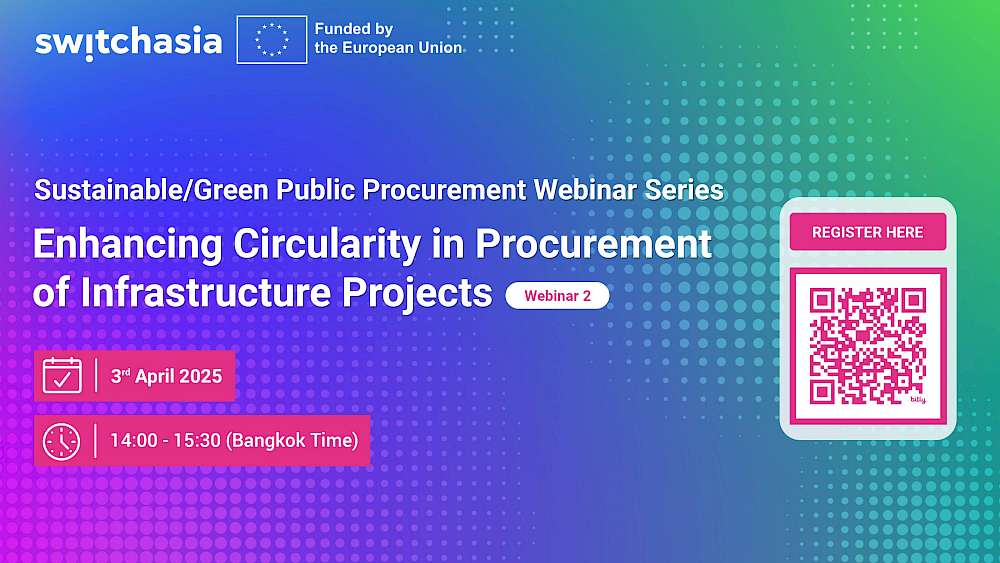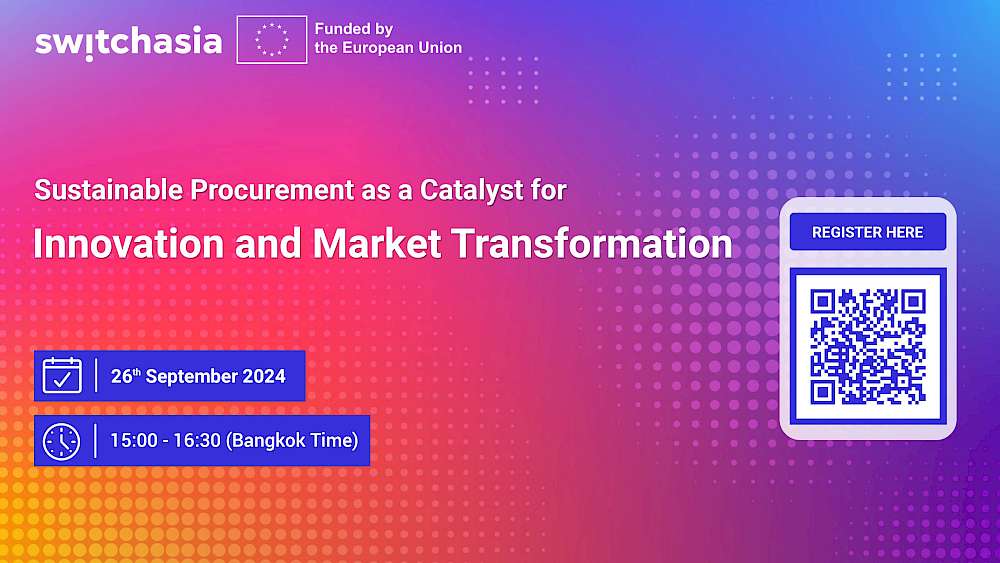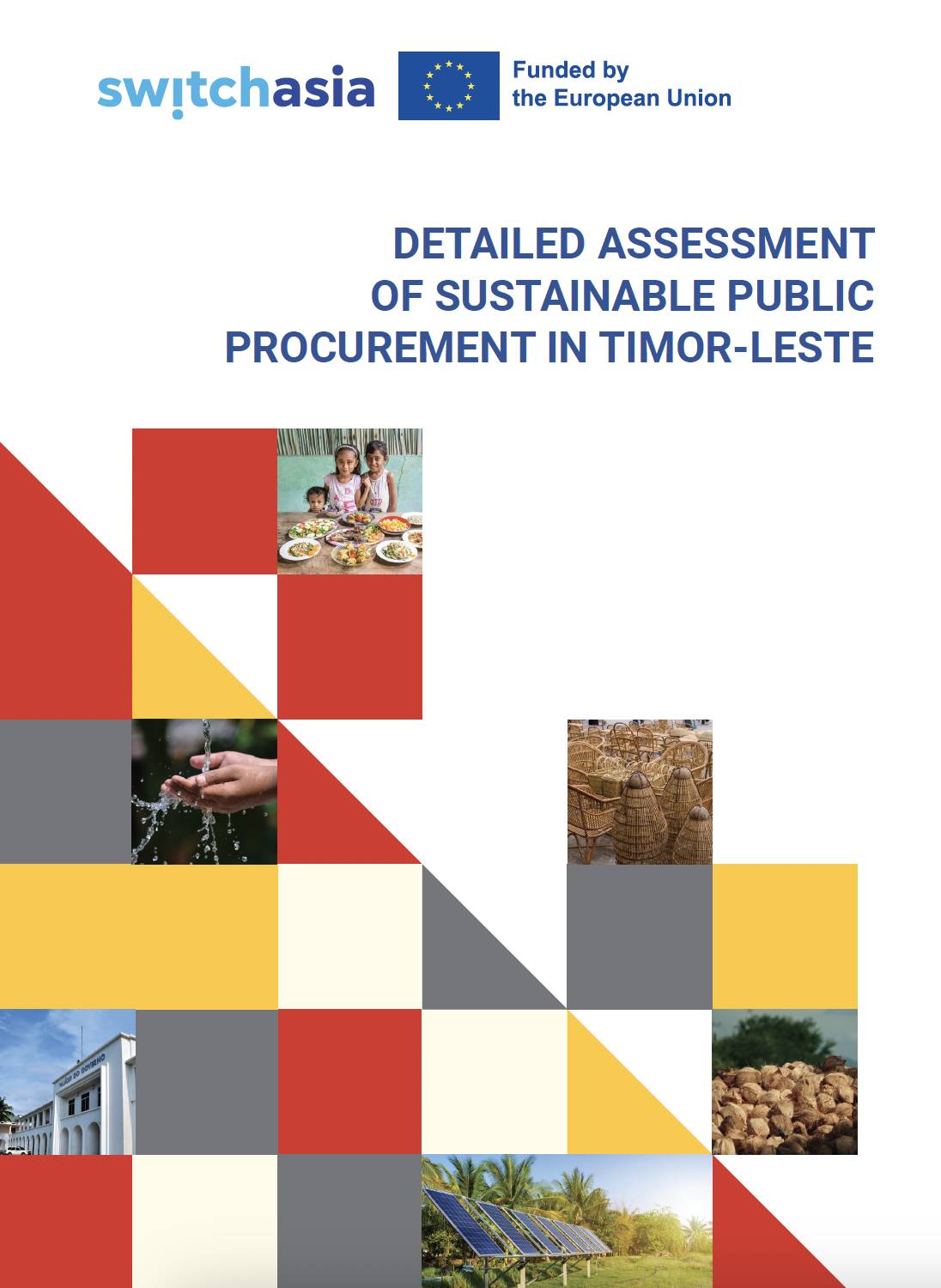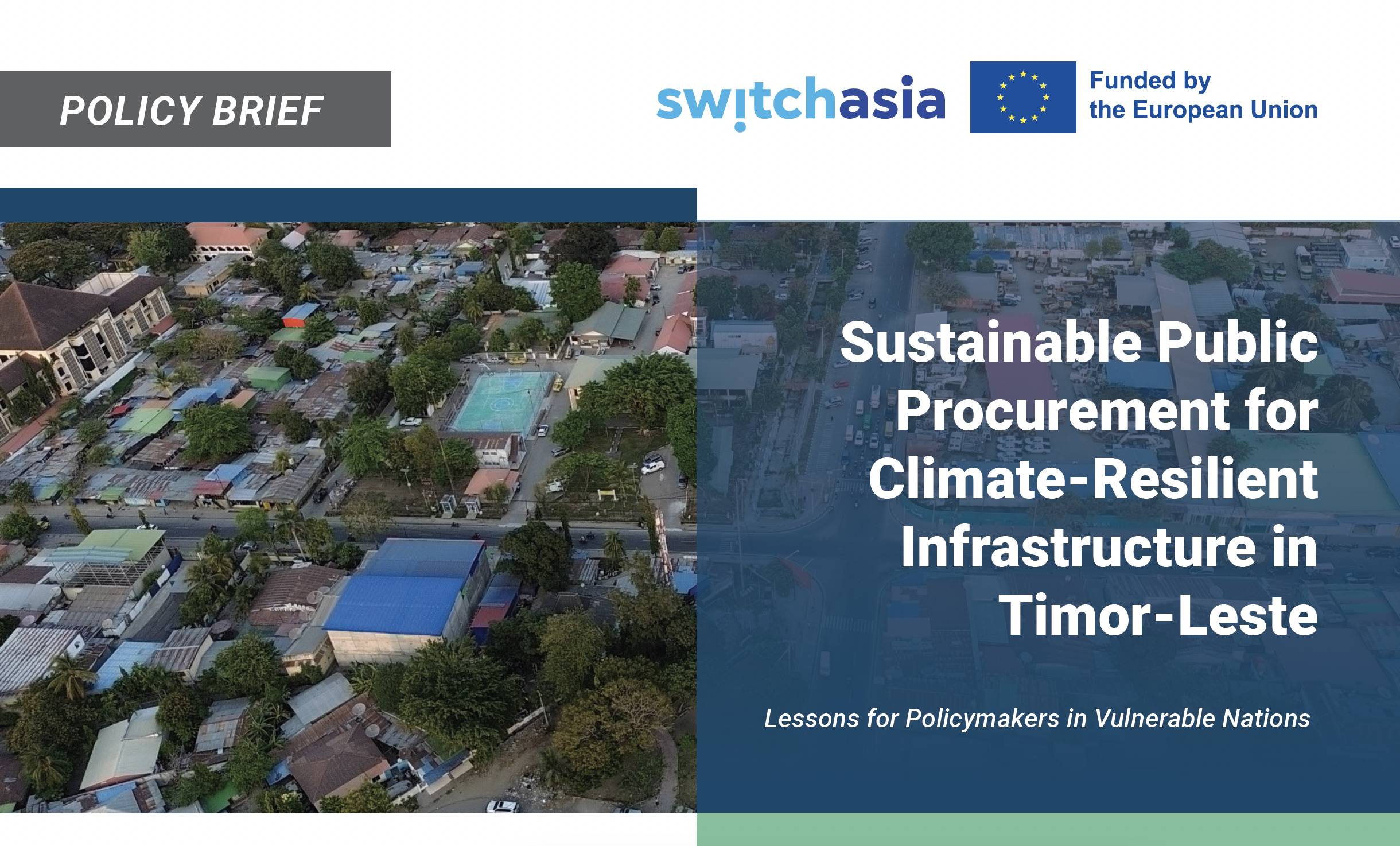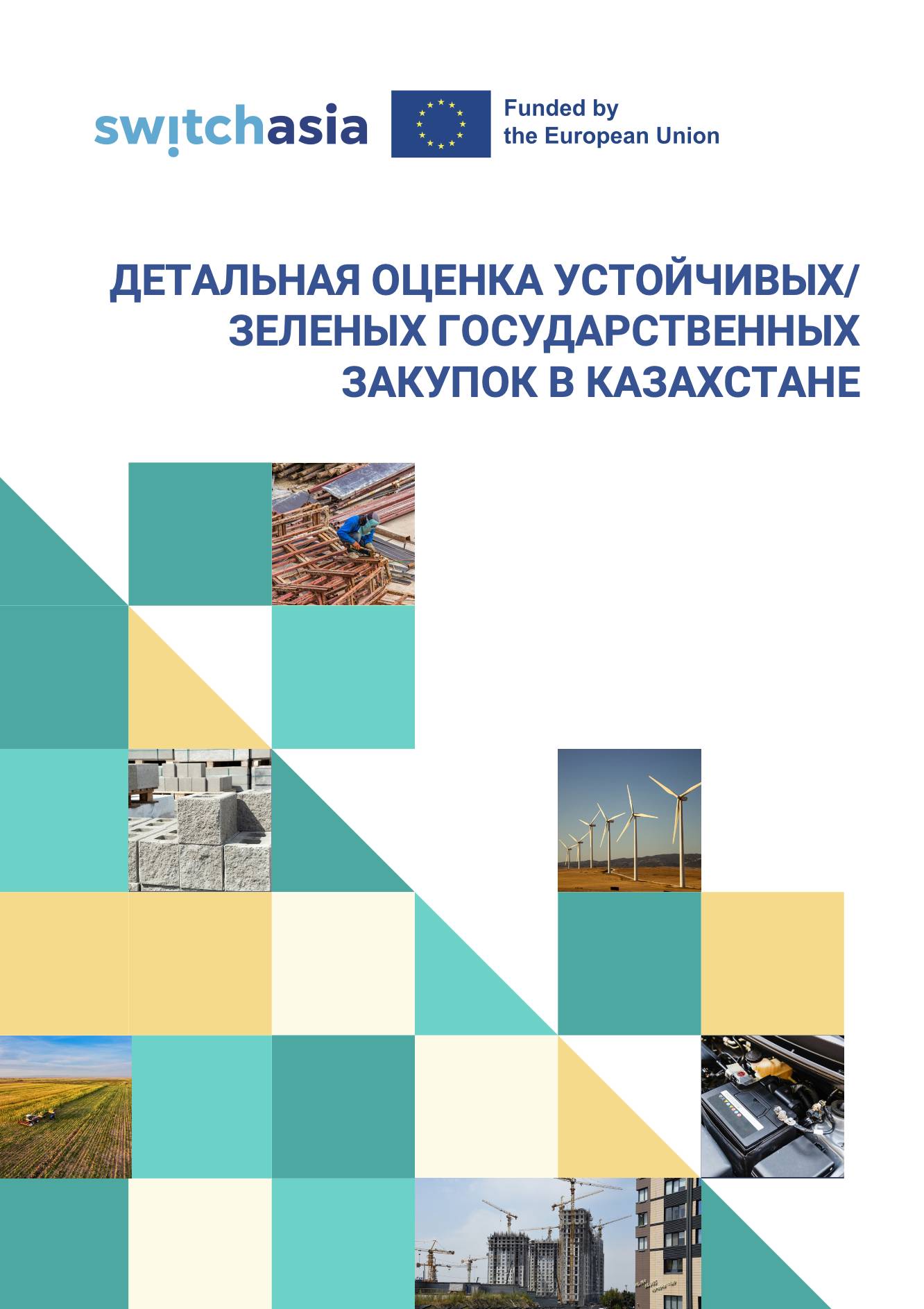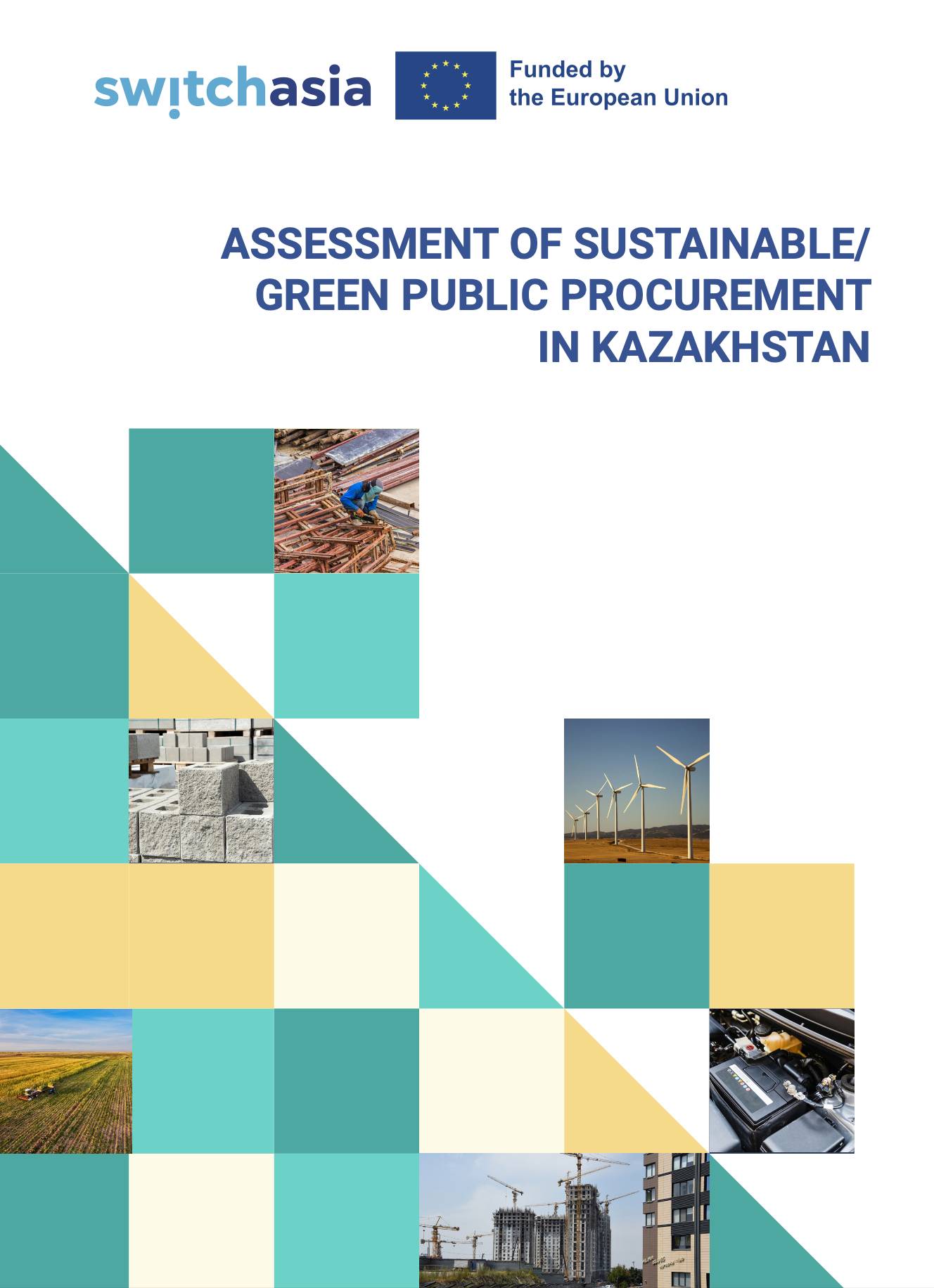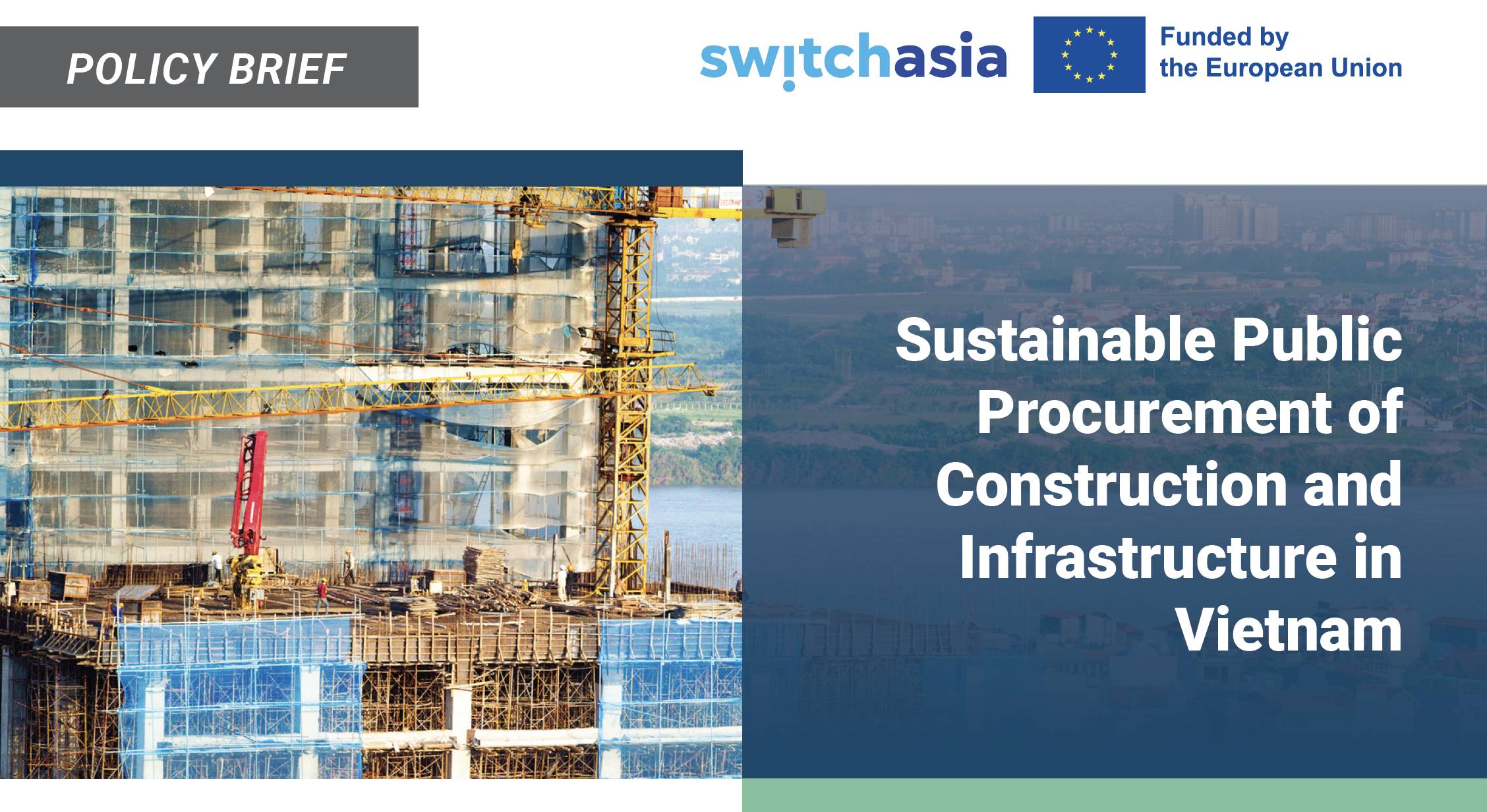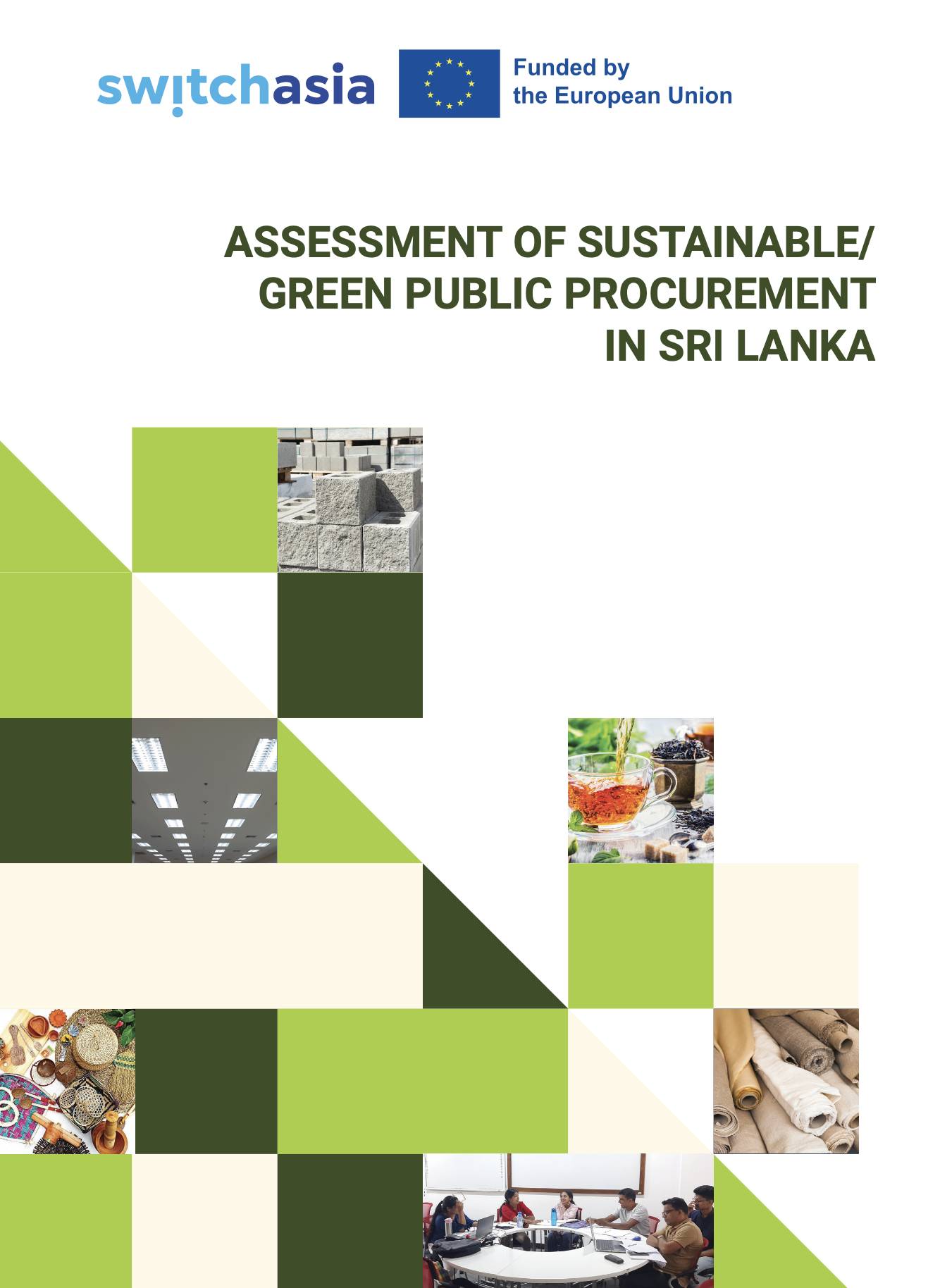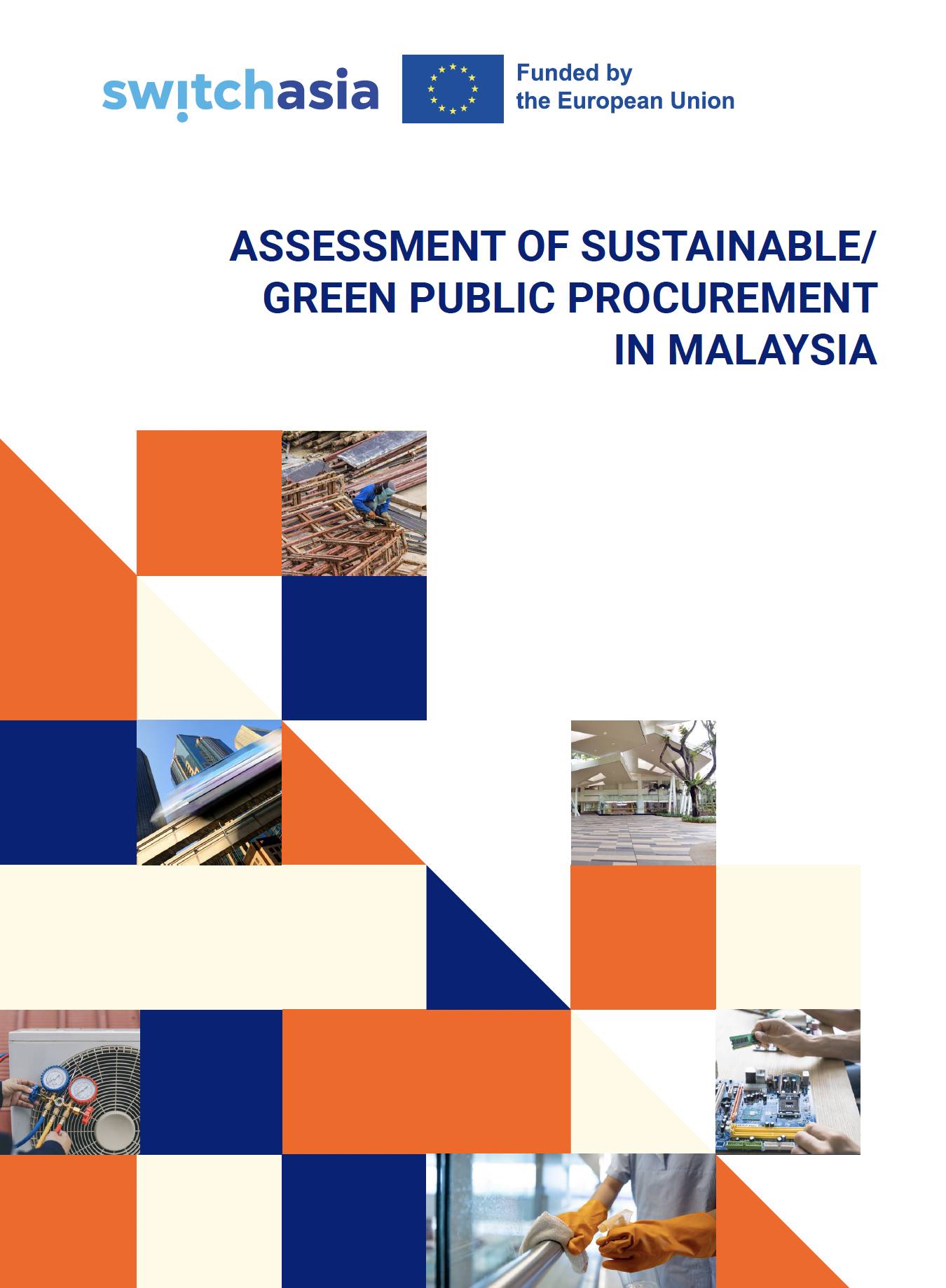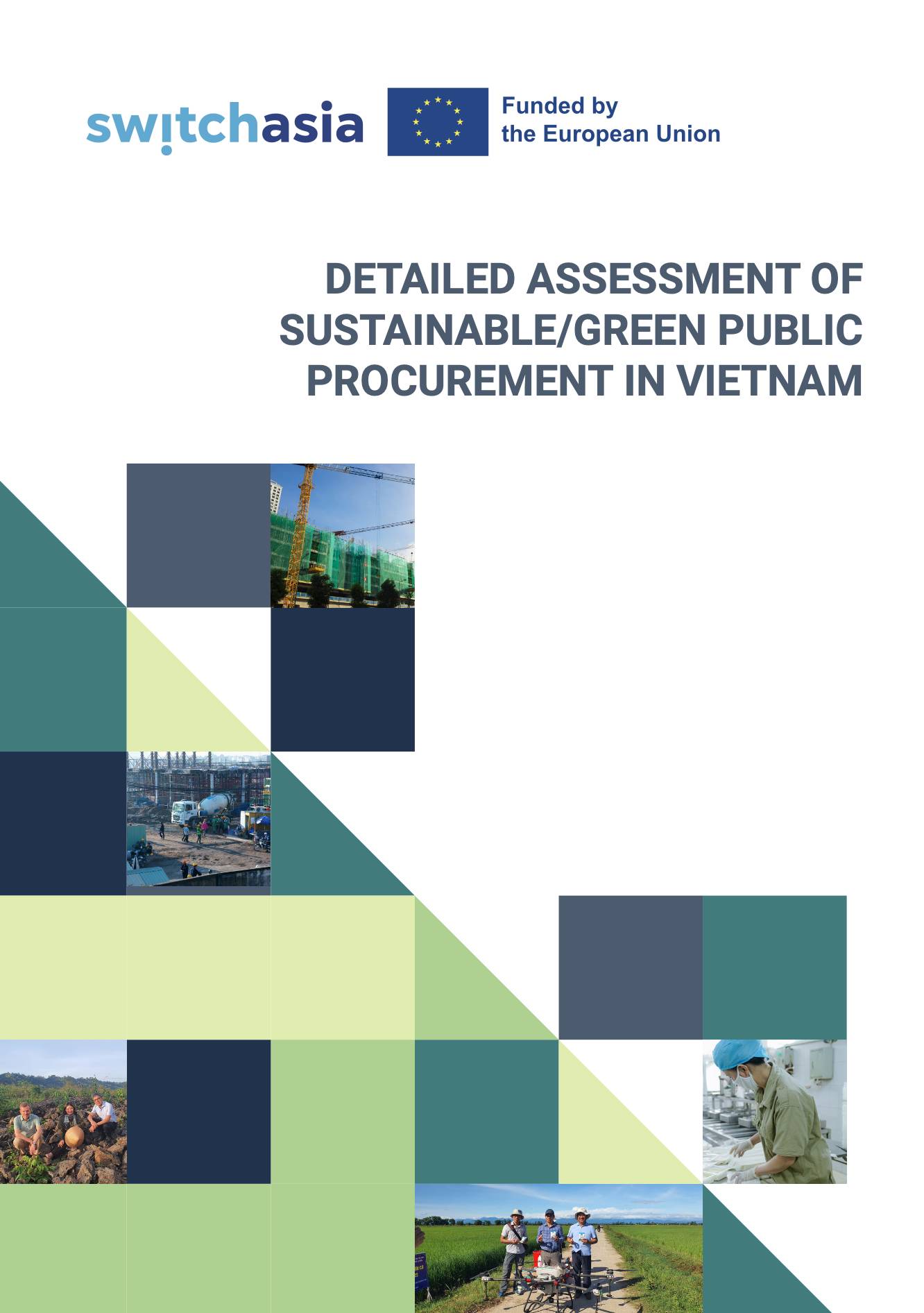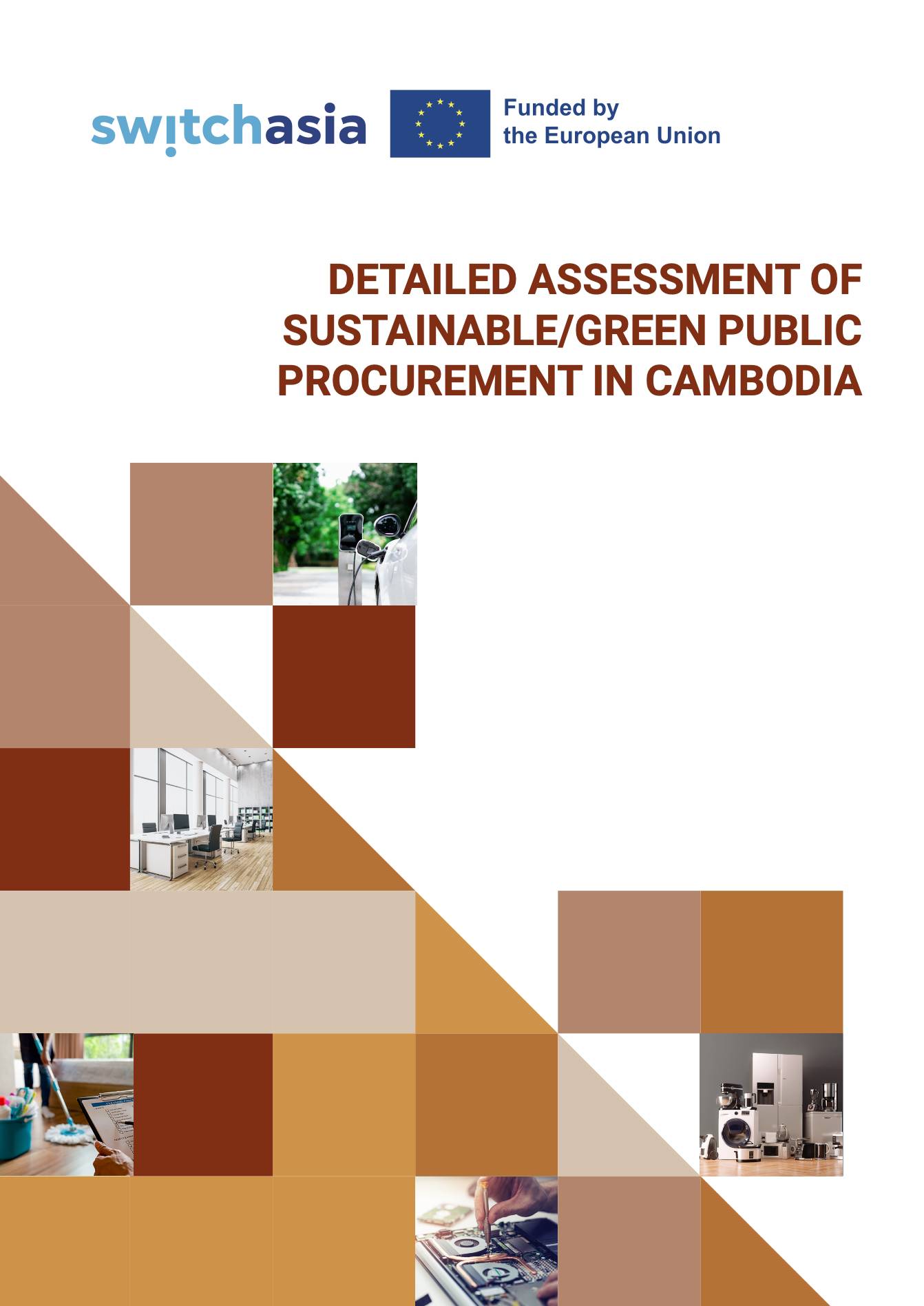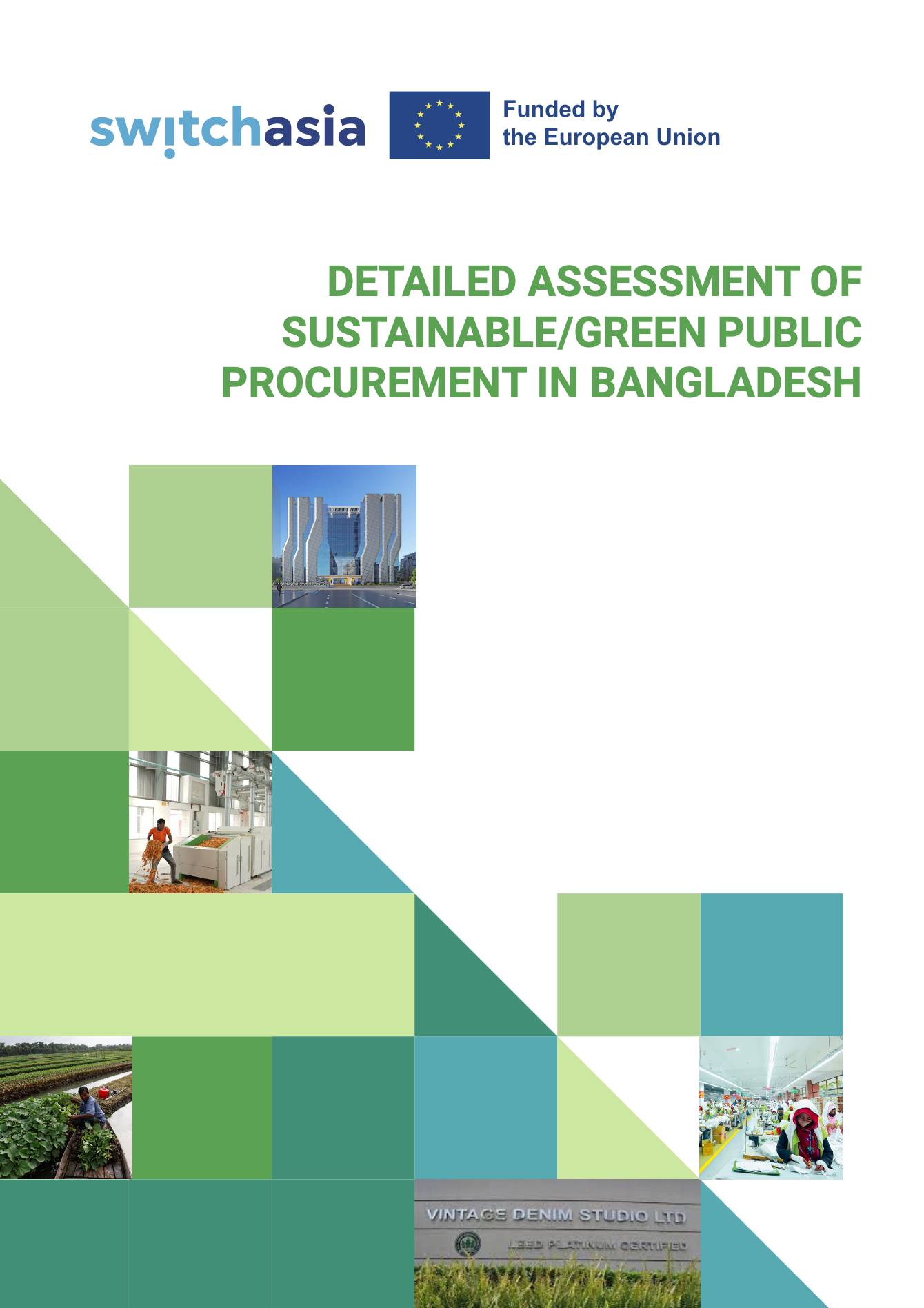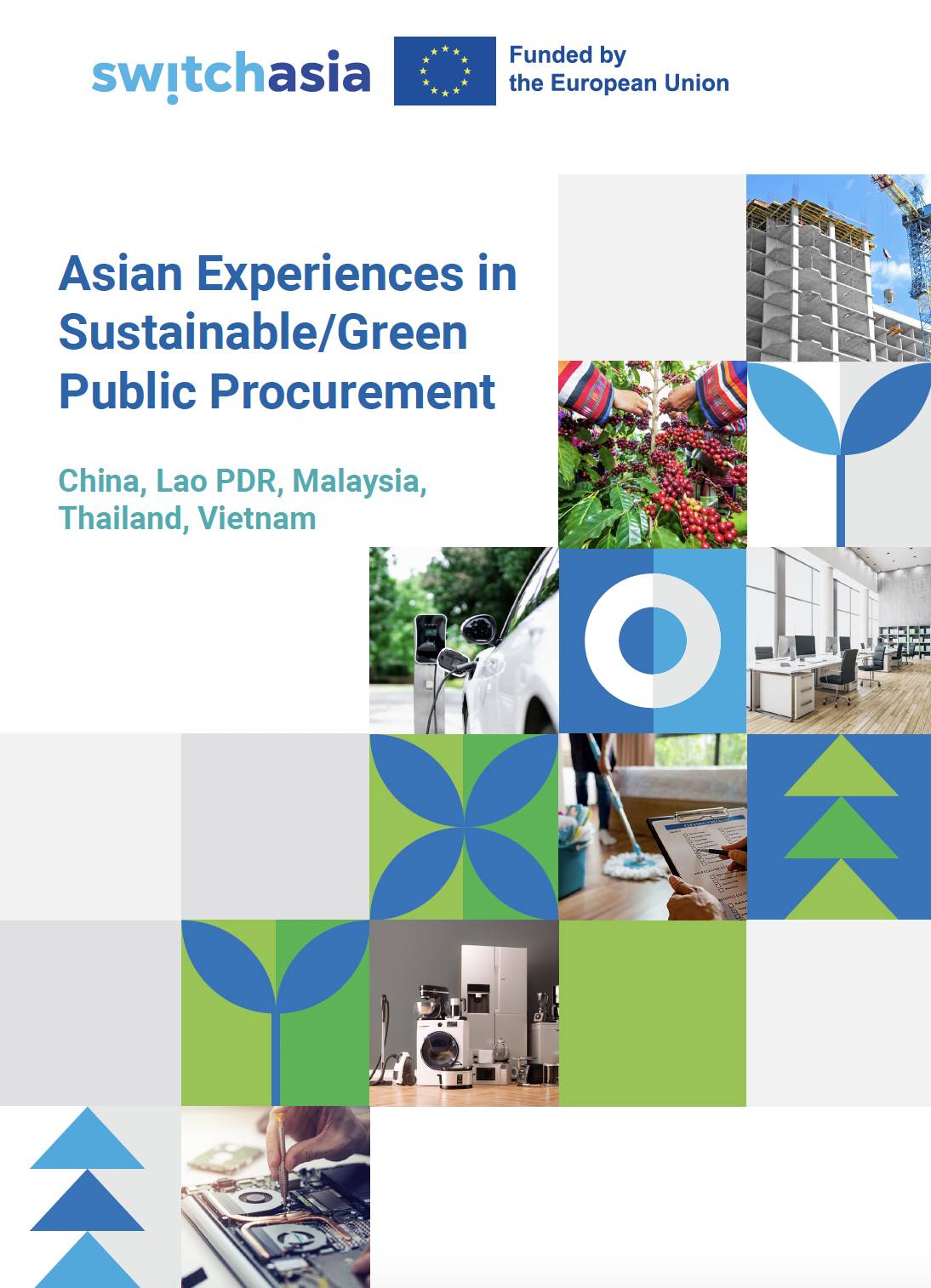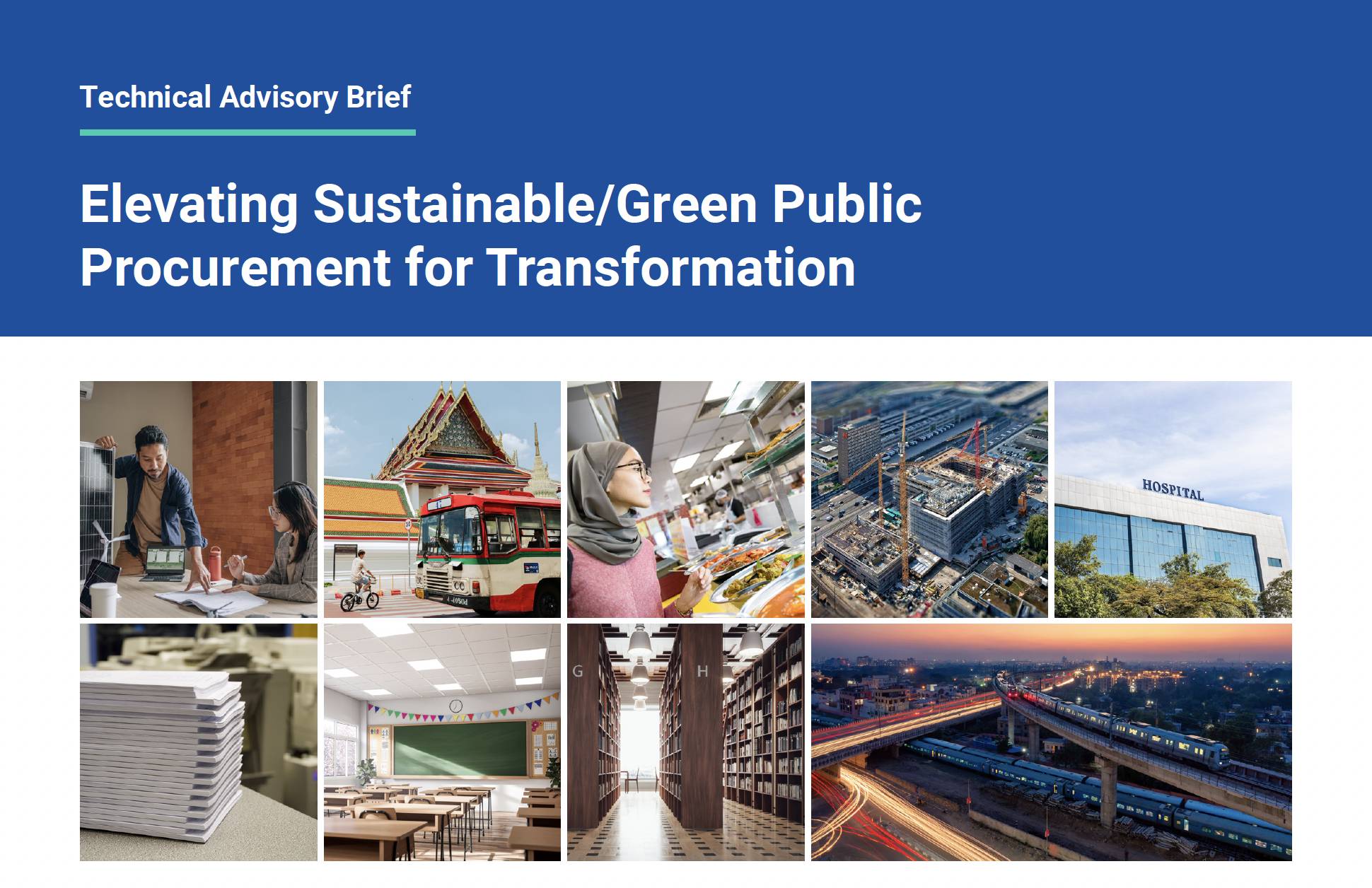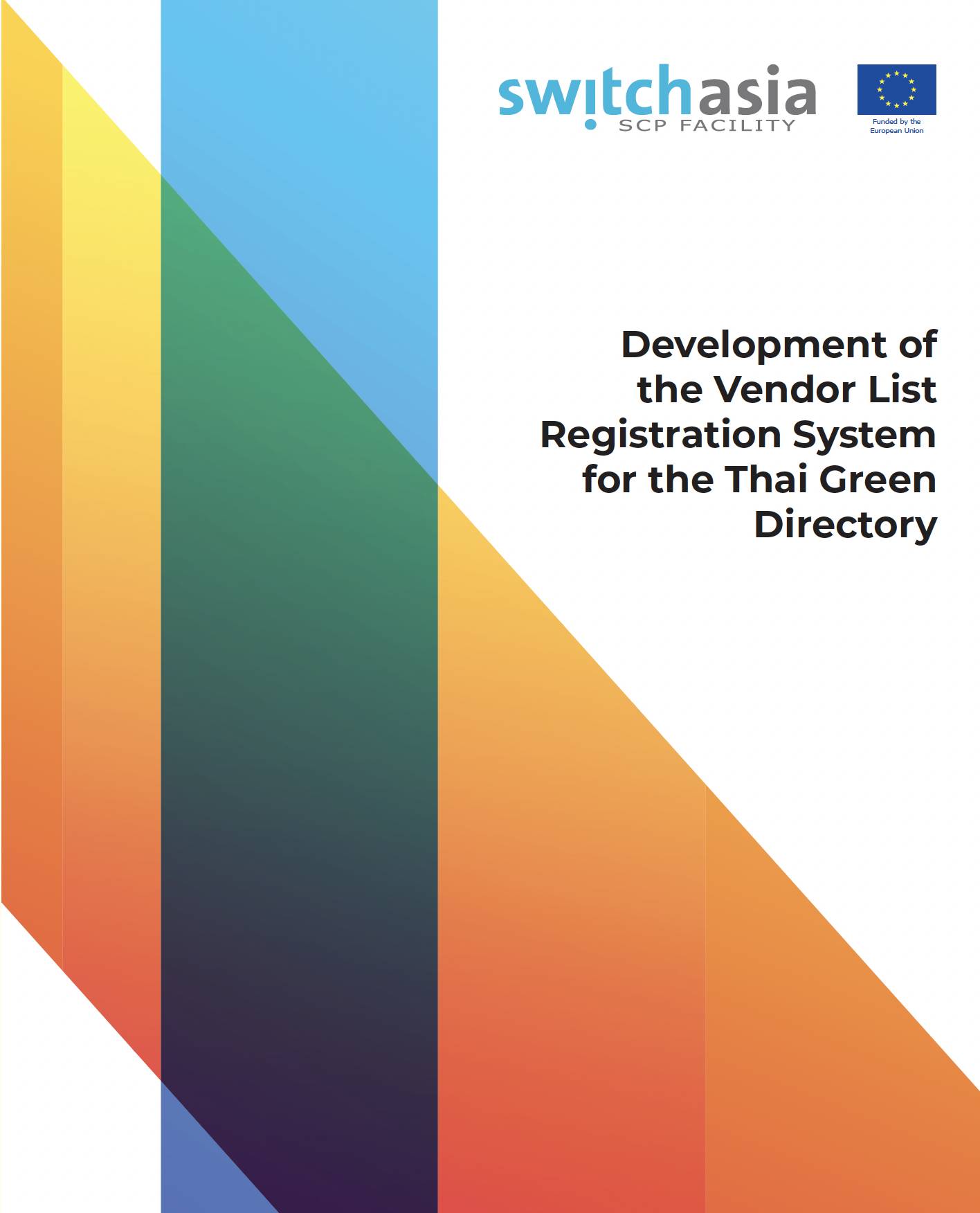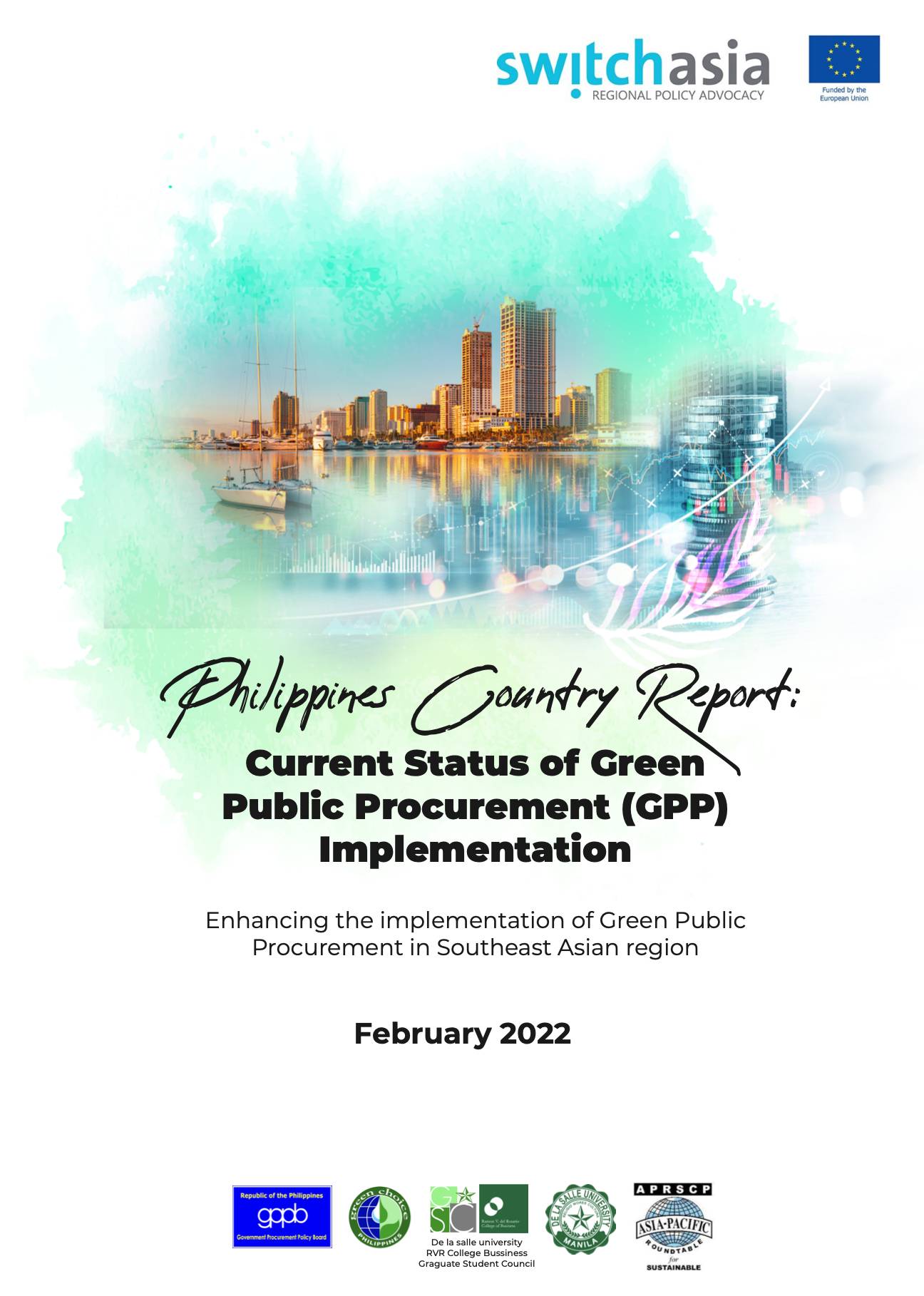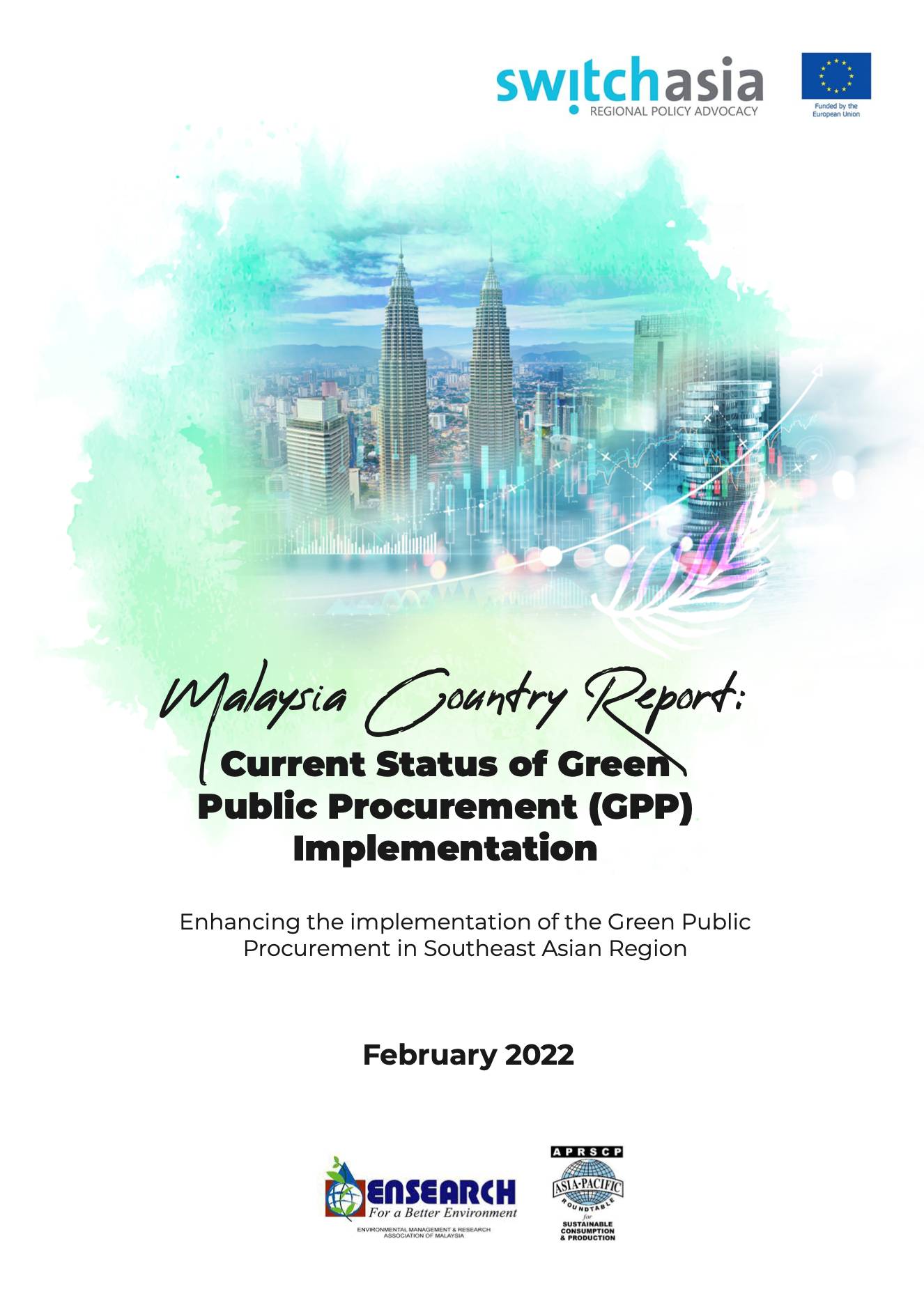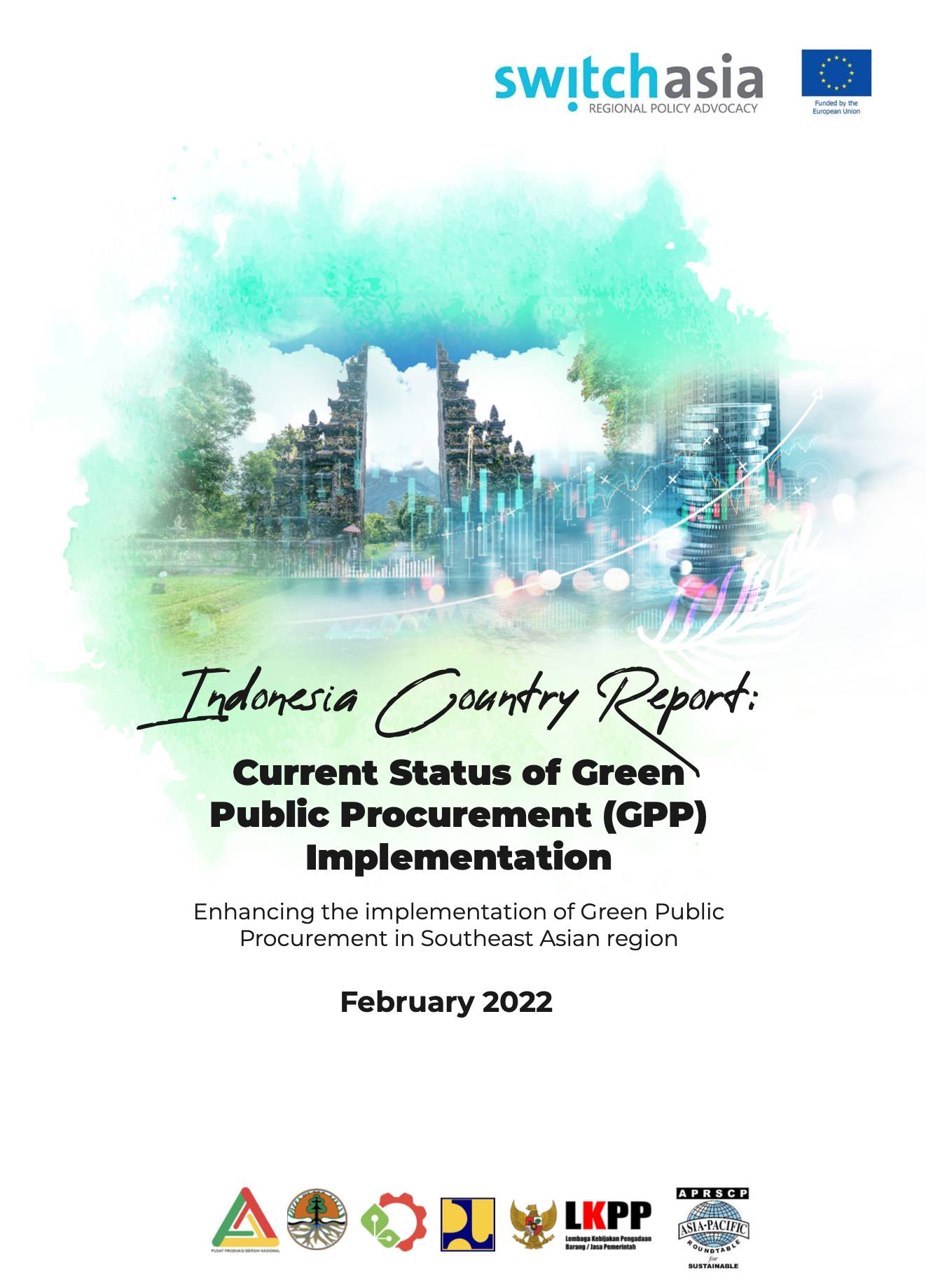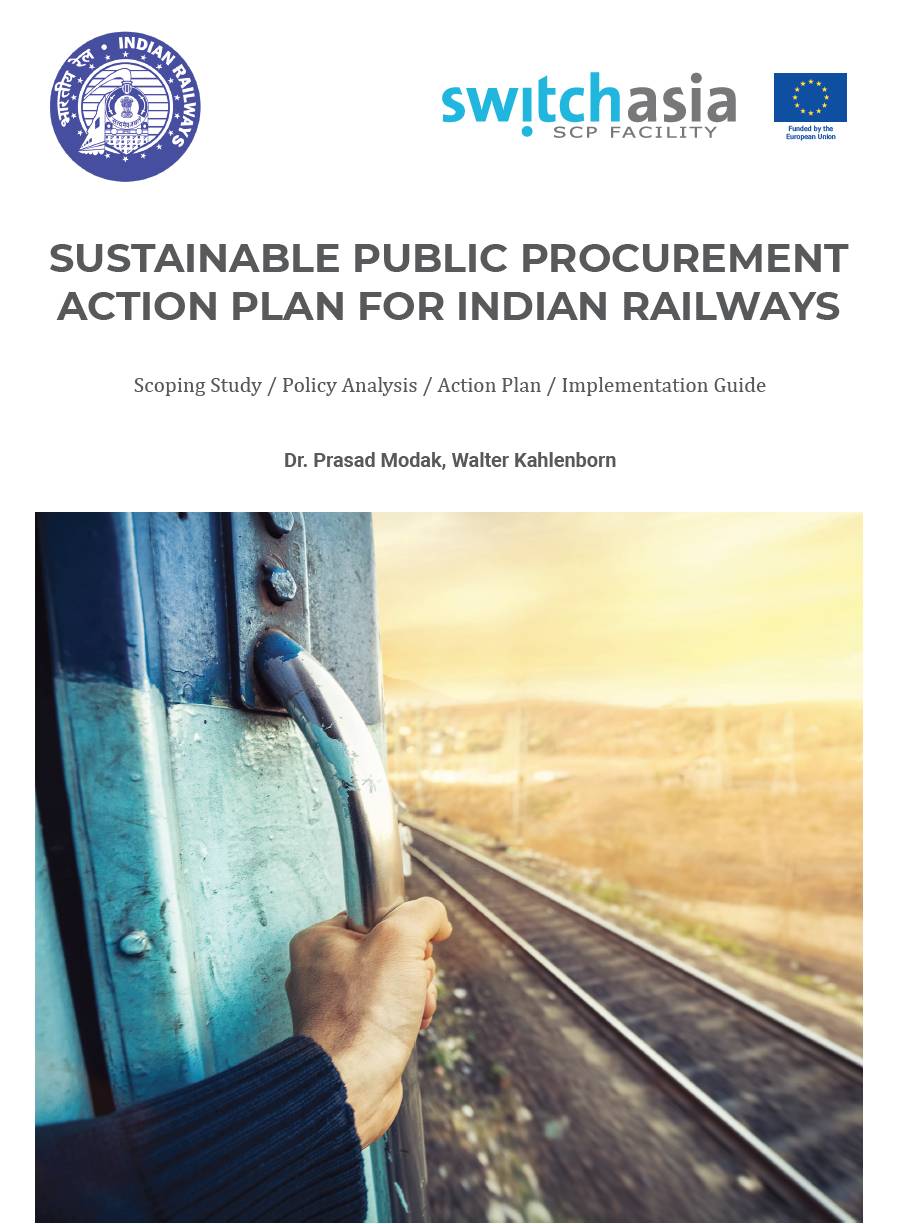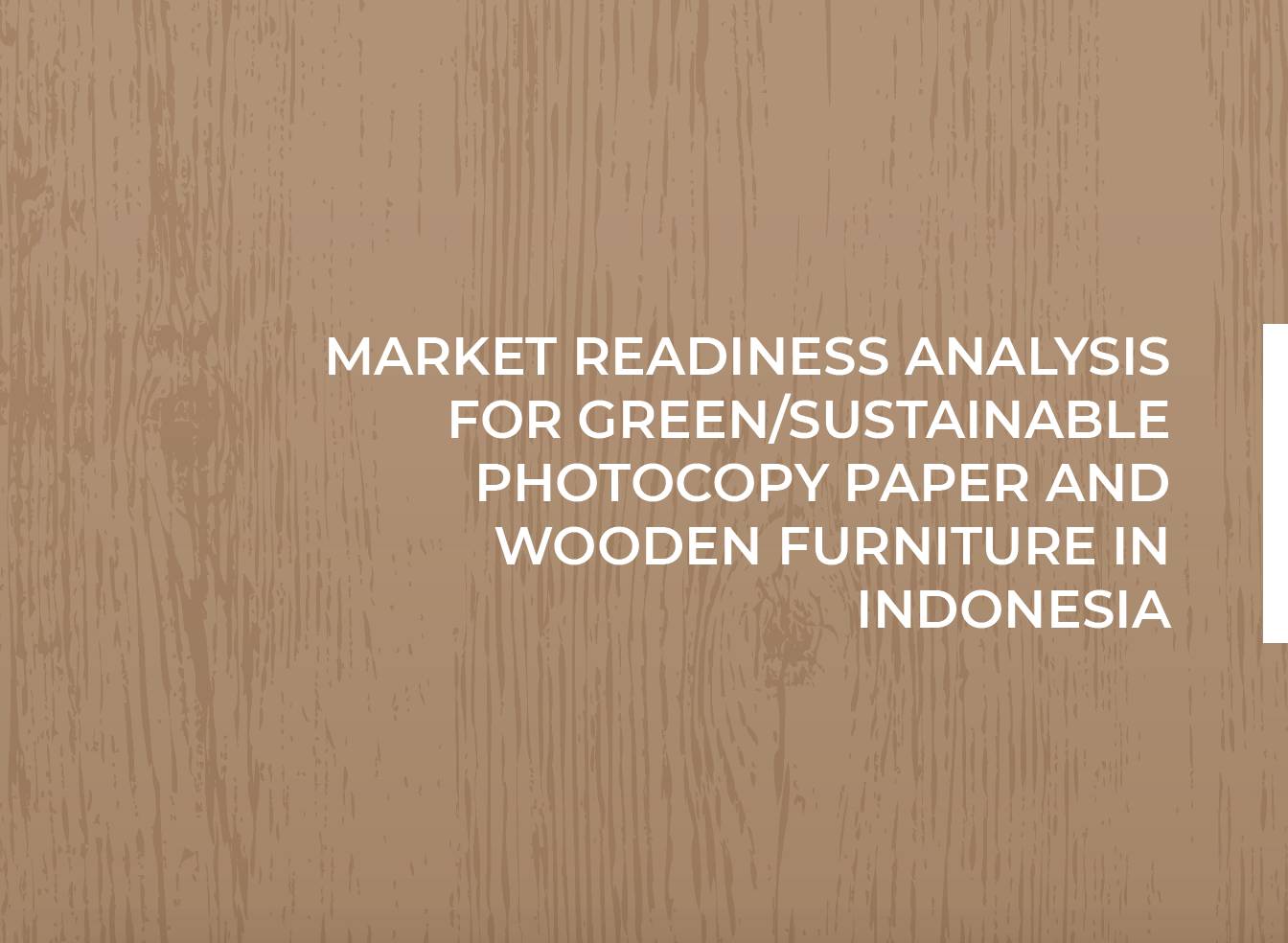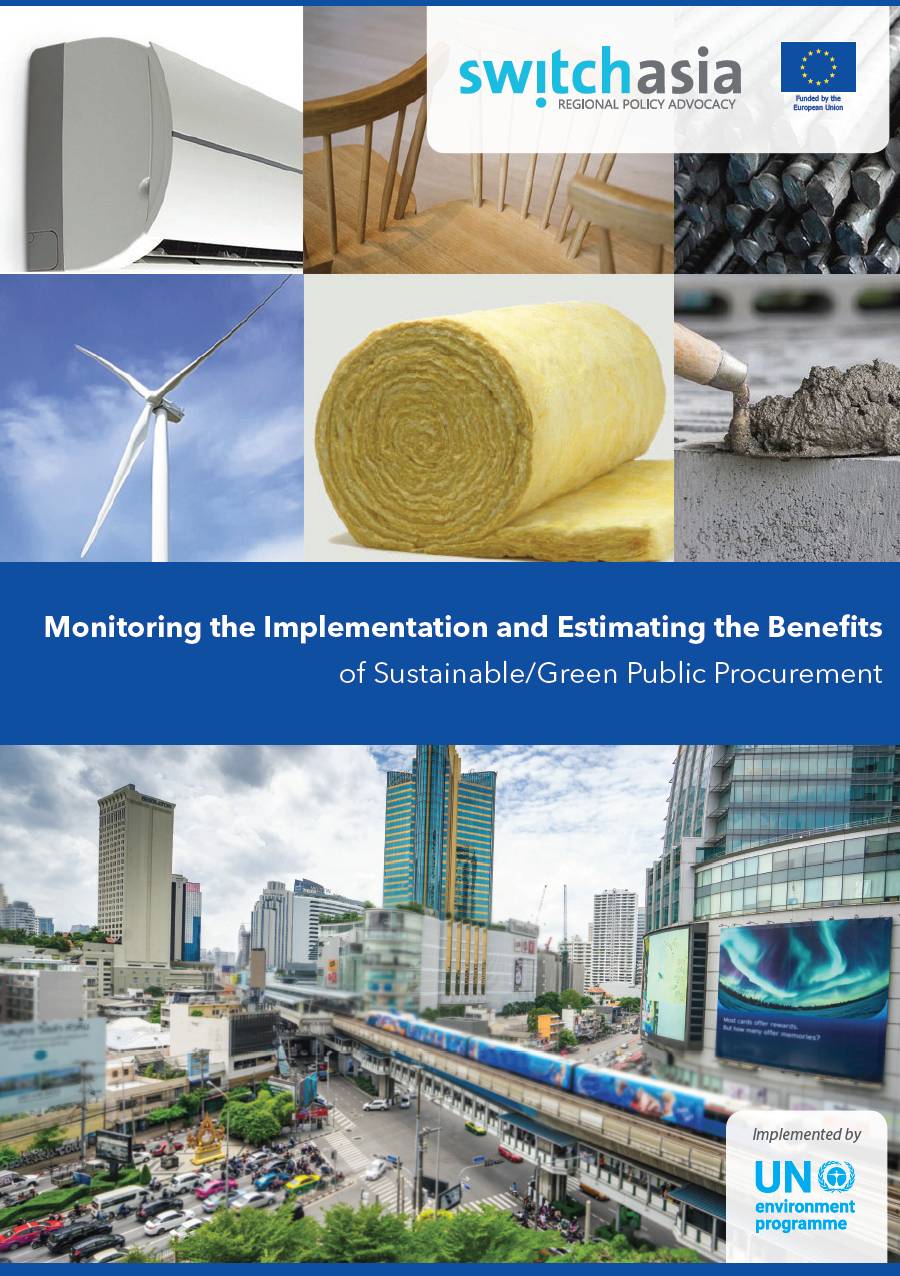
Location: Bangladesh, Cambodia, Kazakhstan, Malaysia, Sri Lanka, Vietnam
Themes: Green/ Sustainable Public Procurement
The Challenge
Public procurement provides governments with a powerful tool to achieve their development objectives. The estimated global value of public procurement is approximately US$11 trillion, representing 12 percent of the global GDP. In many developing countries, the government is the single largest purchaser for many categories of products and services.
Green public procurement (GPP) is a multi-stakeholder tool, wherein the government needs to collaborate with and incentivize the private sector and other actors to effectively redefine the procurement system and implement it to achieve the procurement of required public goods, works, and services with a lower environmental impact.
By 2022, the SWITCH-Asia SCP Facility had provided technical support on Green/Sustainable Public Procurement (G/SPP) to India, Indonesia, Mongolia, and Thailand.
For India, it supported the Ministry of Railways on GPP policy analysis, action plan development, and training.
It supported the Ministry of Environment and Tourism of Mongolia (MET) in reviewing and revising the National SPP Action Plan and developing SPP criteria for three selected product categories (furniture, computers, and paint).
For Indonesia, the technical support prepared plans for two pilot sectors (wooden furniture and paper industry).
In Thailand, the support was for the development of the Green Integration Policy, National Green Directory Framework, and a vendor list registration system to aid the implementation of green procurement.
The SWITCH-Asia Regional Policy Advocacy Component, implemented by UNEP, also published three reports in 2022 reviewing the status of GPP in three Southeast Asian countries: Malaysia, the Philippines, and Indonesia. Furthermore, UNEP supported GPP in Asia through the Asia Pacific GPP Network, which amplified the messages of the One Planet SPP Programme in the Asia-Pacific region.
Several main strategic challenges have hampered the progress of G/SPP in the region. First, GPP is often not linked to national development objectives, is not integrated into the financial planning and budgeting process (i.e., through Programme Budgets and performance monitoring), and generally remains within the domain of Ministries of the Environment. The business case for GPP will typically need to connect reforms to environmental and development objectives, establish indicators to monitor performance, and prioritise the application of GPP efforts in areas with the most potential for success and impact. In relation to this, if a country lacks a multi-ministerial cooperative mechanism, it can create an obstacle to GPP implementation. Secondly, GPP is often limited to products and neglects services and works. The focus on important yet limited product ranges such as paper or stationery diverts attention from more critical procurement needs, such as transportation, building selection (offices and other government facilities), construction, and public works. Thirdly, governments need to plan and sequence these changes carefully for the private sector to develop and commercialize green/sustainable products and services.
Objectives
-
Scope the possibilities for broader governmental buy-in for GPP, stronger and more strategic regulatory frameworks, partnerships with the private sector and peer-to-peer learning.
-
Understand better specific targets, safeguards, technology policies, financing policies and innovation policies that would foster stronger S/GPP practices.
-
Implement practical policy tools for strengthened G/SPP in target countries.
-
Increase and share knowledge about G/SPP across Asia-Pacific region.
Way Forward
-
Stock-taking and analysis of G/SPP landscape in the target countries
-
Bilateral meetings and consultations with relevant stakeholders at national level
-
Organise expert group meetings gathering representatives from Ministry of Finance/Planning and relevant line ministries
-
Develop approach papers explaining the direction needed to strengthen and elevate G/SPP
- Develop and publish knowledge and communication products
-
Organize webinars about G/SPP to share experiences and knowledge across the Asia and Pacific region
-
Answer to specific needs for target countries for G/SPP policies and capacity development, on the basis of ‘approach papers’. These include specific analyses, co-creation of capacity development material and background research for the development of new G/SPP policies
Webinars and Workshops
Scope the possibilities for broader governmental buy-in for GPP, stronger and more strategic regulatory frameworks, partnerships with the private sector and peer-to-peer learning.
Understand better specific targets, safeguards, technology policies, financing policies and innovation policies that would foster stronger S/GPP practices.
Implement practical policy tools for strengthened G/SPP in target countries.
Increase and share knowledge about G/SPP across Asia-Pacific region.
-
Stock-taking and analysis of G/SPP landscape in the target countries
-
Bilateral meetings and consultations with relevant stakeholders at national level
-
Organise expert group meetings gathering representatives from Ministry of Finance/Planning and relevant line ministries
-
Develop approach papers explaining the direction needed to strengthen and elevate G/SPP
- Develop and publish knowledge and communication products
-
Organize webinars about G/SPP to share experiences and knowledge across the Asia and Pacific region
-
Answer to specific needs for target countries for G/SPP policies and capacity development, on the basis of ‘approach papers’. These include specific analyses, co-creation of capacity development material and background research for the development of new G/SPP policies
Webinars and Workshops
Watch the recording here Watch the recording here
